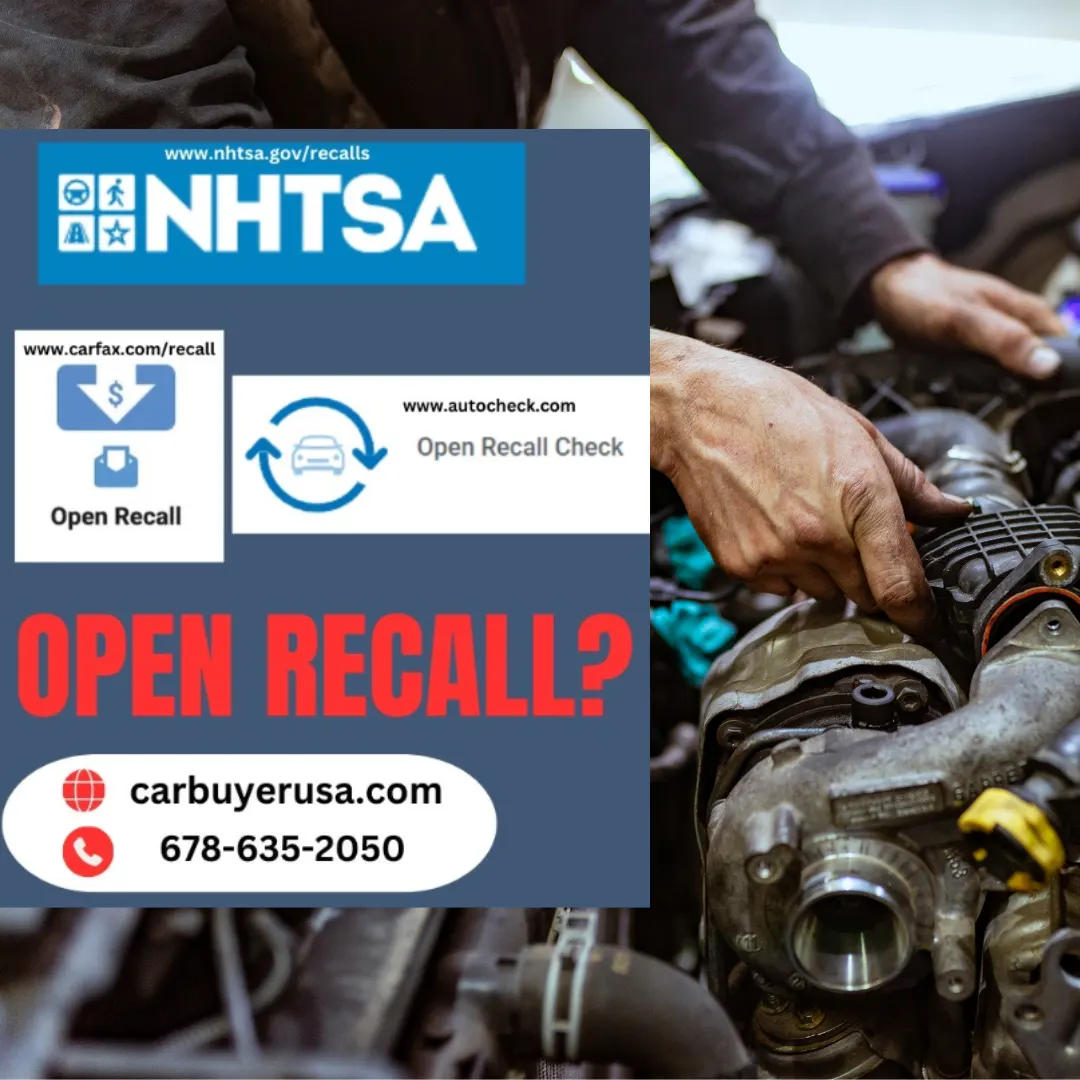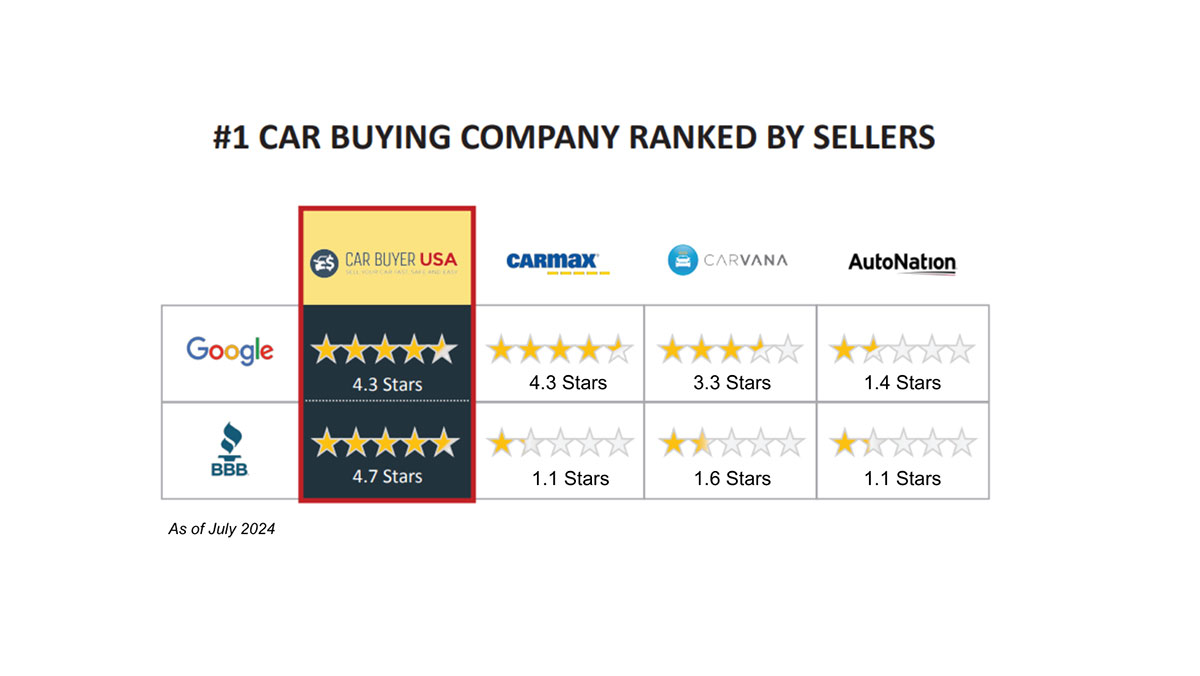
YES, YES and YES is the answer to the questions above! It's that time once more! We're here to update you on the latest vehicle recalls, ensuring you're informed if your vehicle is affected. These recalls involve hundreds of thousands of cars, highlighting the critical need for continued diligence from both manufacturers and consumers. Since April, we've covered recalls from Kia, Hyundai, Honda, Ford, Mazda, and Tesla.
As the automotive industry continues to evolve, ensuring the safety of drivers and passengers remains a paramount concern. However, recent developments suggest that even with advanced technology and rigorous testing, vehicle recalls are still a significant challenge for manufacturers. Since August 2024, several major automakers have announced recalls affecting hundreds of thousands of vehicles, underscoring the ongoing issues in vehicle safety and the crucial need for consumers to stay informed.
One of the most alarming recalls comes from Hyundai, which recently recalled approximately 50,000 vehicles due to faulty airbags. According to reports, these airbags may either deploy unintentionally or fail to deploy in a crash, creating a hazardous situation for drivers and passengers. This recall serves as a stark reminder that even critical safety features like airbags can sometimes be compromised, posing life- threatening risks if not addressed promptly.
Similarly, Kia has issued a recall for 462,869 Telluride SUVs from the 2020-2024 model years. The recall is related to a potential fire risk stemming from the front power seat motor, which can overheat if the power seat slide knob becomes stuck. This issue is particularly concerning because it not only endangers the vehicle occupants but also has the potential to cause fires that could spread beyond the vehicle itself. Kia has advised owners to park their vehicles outside and away from other structures until repairs are made, highlighting the severity of the issue.
Ford is also grappling with a significant recall affecting over 552,000 F-150 trucks from the 2024 model year. The issue involves a potential loss of steering control, which could lead to catastrophic accidents. The recall was prompted by the discovery of incorrect fasteners used during the assembly process, raising questions about quality control measures at Ford's manufacturing plants. While no accidents or injuries have been reported so far, the scale of the recall suggests that this is a critical issue that could have far-reaching implications if not addressed swiftly/
In addition to these recalls, Toyota has been proactive in addressing safety concerns with several of its 2024 models. The 2024 Toyota Grand Highlander and Lexus TX have been recalled due to issues with the curtain shield airbags, which may not deploy correctly if the driver’s window is rolled down during a collision. Moreover, about 11,000 units of the 2024 Lexus RX and 2024-2025 Lexus NX have been recalled due to removable head restraints that could pose an increased risk of injury in an accident.
These recalls highlight a critical issue within the automotive industry: the balance between innovation and safety. As manufacturers continue to push the boundaries of technology and design, it is essential that they maintain rigorous quality control processes to prevent such widespread recalls. Consumers, on the other hand, must remain vigilant by regularly checking for recalls on their vehicles, using resources like the National Highway Traffic Safety Administration (NHTSA) website or platforms like Carfax or AutoCheck. Ultimately, while recalls are an inevitable part of the automotive industry, the focus must remain on minimizing risks and ensuring that vehicles on the road are as safe as possible. The recent spate of recalls serves as a reminder that safety cannot be compromised, and both manufacturers and consumers must work together to address these challenges head-on.
Complete all recalls! These recalls underscore the automotive industry's ongoing duty to maintain the safety and reliability of their vehicles. Every recall presents both logistical and financial hurdles for manufacturers, as well as significant safety concerns for the consumers who rely on these vehicles every day. As the industry advances and introduces new technologies, the need for thorough testing and quality assurance processes remains paramount. Vehicle owners impacted by these recalls should promptly reach out to their dealers to schedule inspections and repairs, ensuring that any potential risks are addressed.
For more detailed information on specific recalls, affected vehicle owners please visit nhtsa.gov/recalls, carfax.com/recall or autocheck.com.


